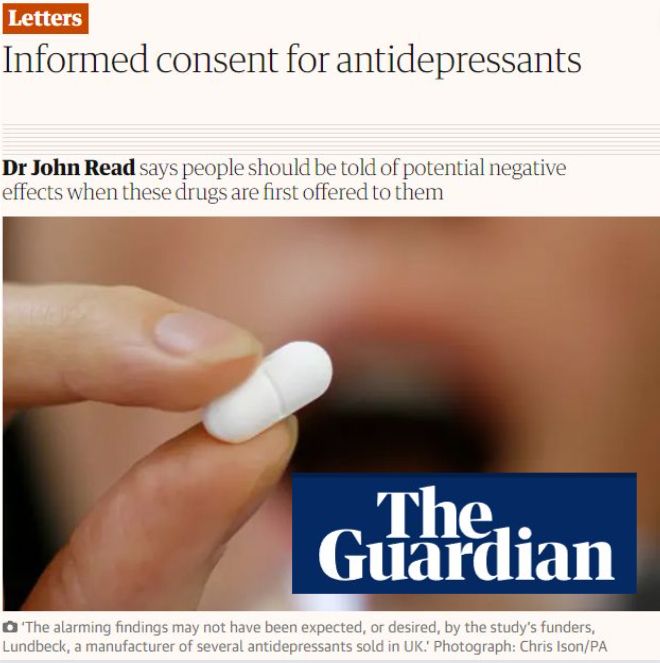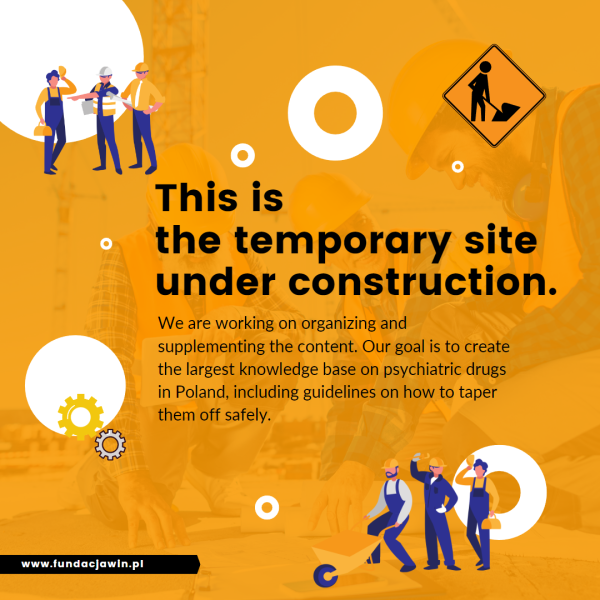Depression as Hunger for Spiritual Awakening
Depression is often described as emptiness — a heavy fog that dulls life’s color and meaning. But psychologist Dr. Lisa Miller offers a radically different lens and suggests that depression can be a hunger for spiritual awakening. Rather than viewing it solely as a disease to be eliminated, she suggests it may also be a signal from the deepest part of the self — a call to reconnect with purpose, connection, and transcendence.
The Scientist of Spirituality
Lisa Miller is a clinical psychologist and professor at Teachers College, Columbia University. As founder of the Spirituality and Mind-Body Institute, she has spent decades studying how spirituality influences mental health. Her work bridges the worlds of neuroscience, psychology, and faith — showing that spirituality is not merely belief or ritual, but a measurable, protective force in the human brain.
In her groundbreaking book The Awakened Brain, Miller presents a synthesis of scientific data and personal insight: the human brain, she argues, is hard-wired for spirituality. Spiritual connection, she says, is not a cultural add-on or religious luxury — it’s part of our biological design. When that innate spiritual capacity goes unfed, our psyche may begin to starve. Depression, in this sense, is not only pain — it’s the hunger pang of the soul.
What She Means by “Hunger for Awakening”
In Miller’s framework, spirituality doesn’t necessarily mean religion. It means an inner sense of connection — to something greater than the individual self. That could be nature, love, humanity, creativity, or God. When that connection is strong, people often describe feeling grounded, alive, and purposeful. When it’s broken or underdeveloped, the result can feel like isolation, futility, or loss of meaning — all hallmarks of depression.
Thus, when Miller calls depression “hunger for spiritual awakening,” she’s not romanticizing suffering. She’s reframing it. Just as physical hunger tells us we need nourishment, emotional and existential hunger tells us we need spirit. Depression, then, can sometimes be a doorway — an invitation to awaken, to rediscover what matters most.
The Science Behind the Soul
Miller’s research lends biological weight to what philosophers and mystics have long intuited. In one MRI study, adults who rated spirituality or religion as “very important” showed thicker cortical regions — particularly in areas involved in perception, emotion, and reflection — compared to those who did not. These brain regions are often thinner in individuals with recurrent depression. The implication: spiritual awareness might actually strengthen the brain against depressive patterns.
Other studies have found that people with a strong spiritual core are up to 75% more resilient to recurrent episodes of depression, especially when facing major stress or loss. Adolescents who develop a spiritual life show greater optimism and lower rates of substance abuse. In Miller’s words, “an awakened brain is a protected brain.”
The Doorway of Depression
Rather than treating depression as a mere malfunction, Miller views it as an adaptive process — a psychic call toward transformation. In her TEDx talk, she describes depression and awakening as “two sides of the same door.” On one side, darkness, disconnection, despair. On the other, the possibility of seeing life with new eyes — a wider consciousness, a renewed sense of belonging in the web of existence.
This doesn’t mean that clinical depression should be ignored or left untreated. Miller emphasizes that biological, psychological, and spiritual factors all interact. Medication, therapy, and social support are vital. But healing may also require tending to the spiritual dimension — asking questions like: What gives my life meaning? What am I connected to? What is life asking of me now?
A New Model of Healing
Miller’s vision calls for a paradigm shift in how we approach mental health. Instead of a purely symptom-reduction model, she invites clinicians and patients alike to include the spiritual dimension in care. That might mean incorporating mindfulness, nature connection, prayer, community, service, or other meaning-making practices. These are not substitutes for therapy or medication, but complements — ways to nourish the whole human being.
“An engaged spiritual life,” Miller writes, “enhances grit, optimism, and resilience — and provides insulation against the despair that leads to depression.” When people cultivate that awareness, they often report feeling “re-enchanted” with life, even after deep suffering.
Cautions and Context
To be clear, not every episode of depression is rooted in spiritual deprivation. Genetic vulnerability, trauma, inflammation, and social factors play crucial roles. The metaphor of “spiritual hunger” should be used compassionately, not as a judgment or simplification. Still, for many, this framework restores a sense of agency and meaning to the experience of suffering — transforming it from senseless pain into a potential pathway of growth.
The Invitation of the Awakened Brain
In Miller’s view, the darkness of depression is not the enemy of awakening — it is the womb of it. Just as seeds germinate in the dark soil, the human spirit often grows through despair. When we listen deeply to that inner hunger — not just medicate it, distract it, or deny it — we may discover that depression can point us toward the very nourishment we’ve been missing: connection, purpose, transcendence.
As Dr. Miller puts it, “The awakened brain knows: we are never alone.”







